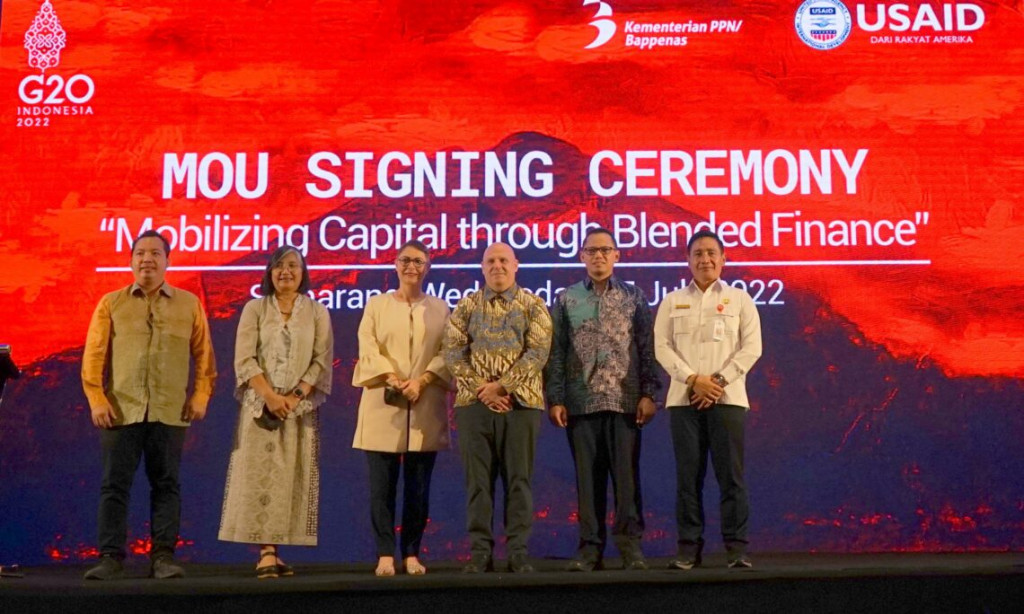Semarang: On Wednesday, the United States Agency for International Development (USAID) Clean Cities, Blue Ocean program, joined Circulate Capital and Prevented Ocean Plastic Southeast Asia (POPSEA) in announcing a partnership to expand collection and recycling infrastructure in Indonesia to generate high-quality, traceable recycled plastic.
"USAID is pleased to support this new partnership featuring a blend of public and private financing that will help meet the growing demand for recycled plastic while strengthening communities’ solid waste management systems," said USAID Mission Director Jeff Cohen in a media release on Wednesday.
"Together we will help capture and prevent otherwise harmful plastic waste from reaching the sea and transform it into profit and livelihoods for the Indonesian people," Cohen added.
Initially the partnership will focus on the city of Semarang, Indonesia, one of the largest cities in Java. Like many cities, Semarang is increasingly under pressure to reduce and recycle growing volumes of waste but does not have an economically or logistically feasible recycling system in place. By 2025, 68 percent of Indonesia’s more than 270 million people are expected to live in urban areas, where only about half of the waste is collected.
"The Government of Indonesia is increasingly looking towards blended finance as an important tool for mobilizing funding to accomplish the Sustainable Development Goals," said Scenaider Siahaan, deputy minister for development funding of the Ministry of National Development Planning (Bappenas).
"Blended finance in waste management brings opportunities for private investment to support the circular economy, closing the loop through product recycling to reduce material loss, therefore minimizing harm to the environment and discouraging resource depletion," Siahaan added.
The partnership will expand collection and recycling infrastructure, build local government capacity for solid waste management planning and management, and mobilize and empower the informal waste sector that is critical to local waste management, but often under-resourced. For example, a new facility where plastics will be aggregated is set to process about 30 tons of material per day and will help to provide new income for roughly 100 employees and local waste collectors sourcing materials.
The partnership combines the strengths of development agencies and private investment to bring coordinated technical expertise and blended financing to emerging companies that are best placed to develop new, innovative models for reducing ocean plastic pollution through collection, aggregation, and recycling.
Cek Berita dan Artikel yang lain di Google News
FOLLOW US
Ikuti media sosial medcom.id dan dapatkan berbagai keuntungan



















